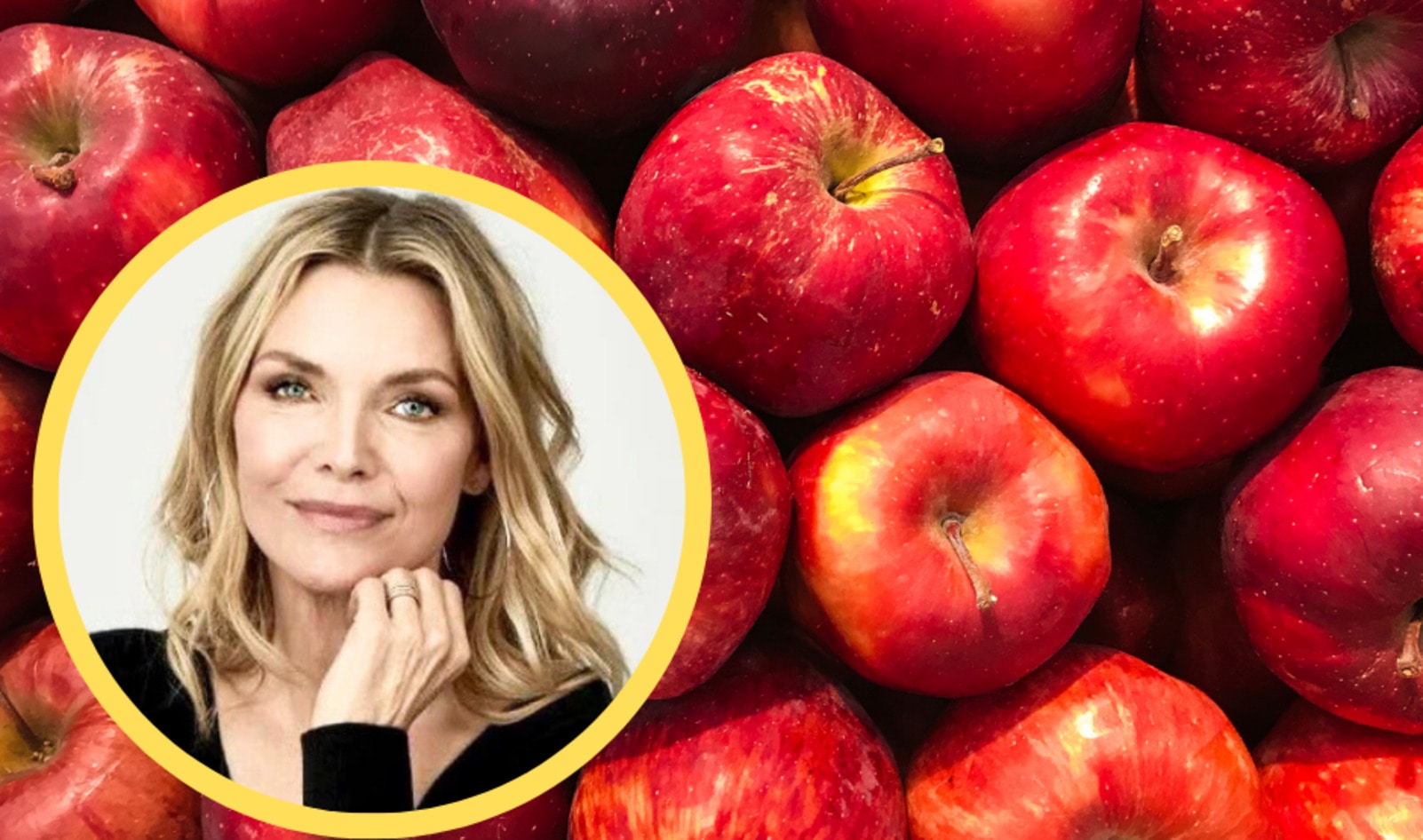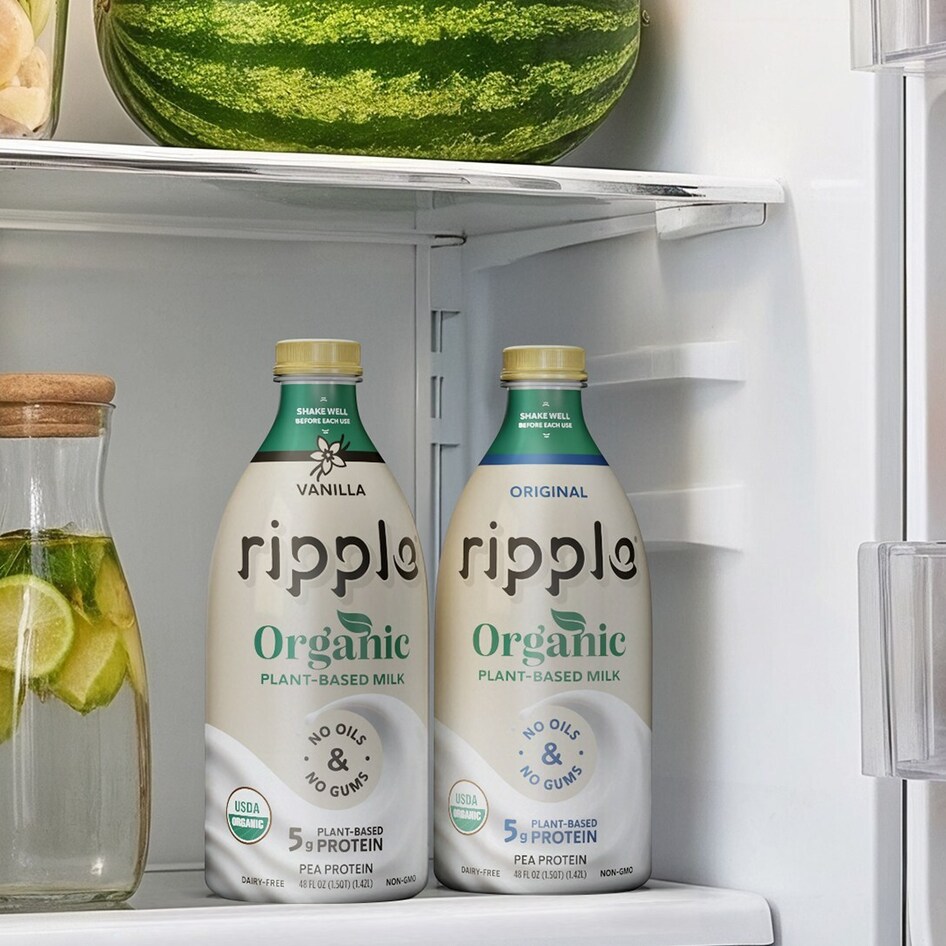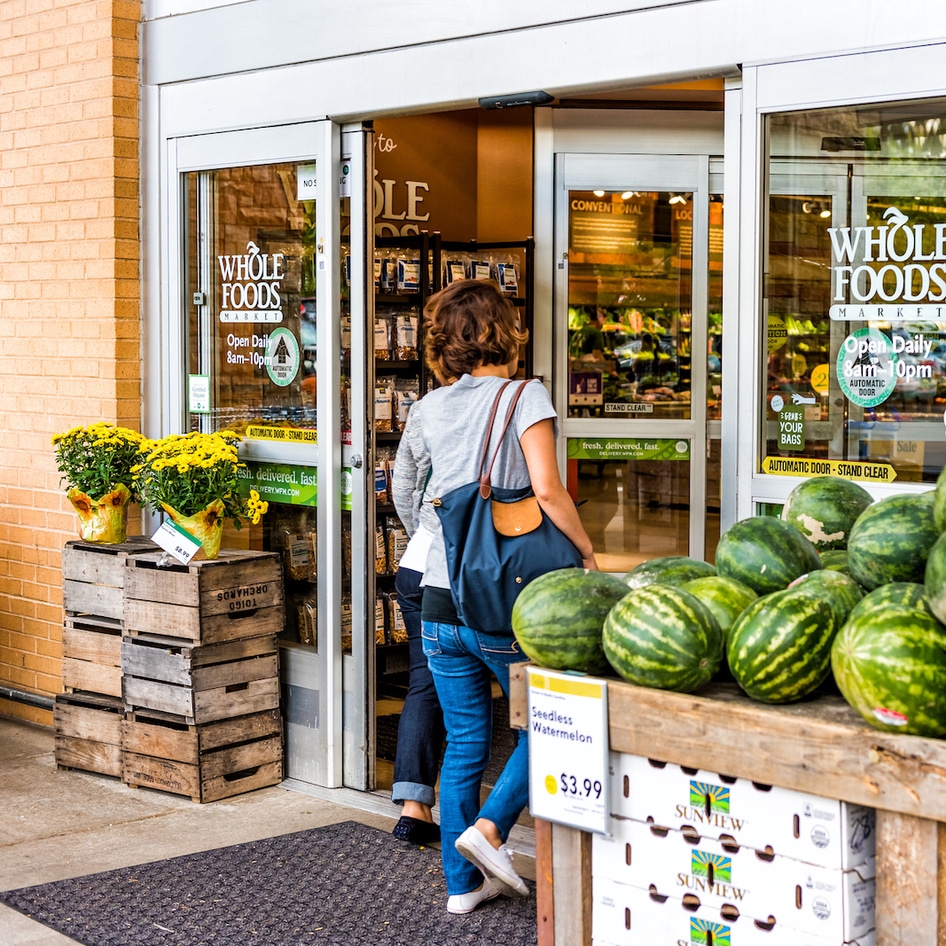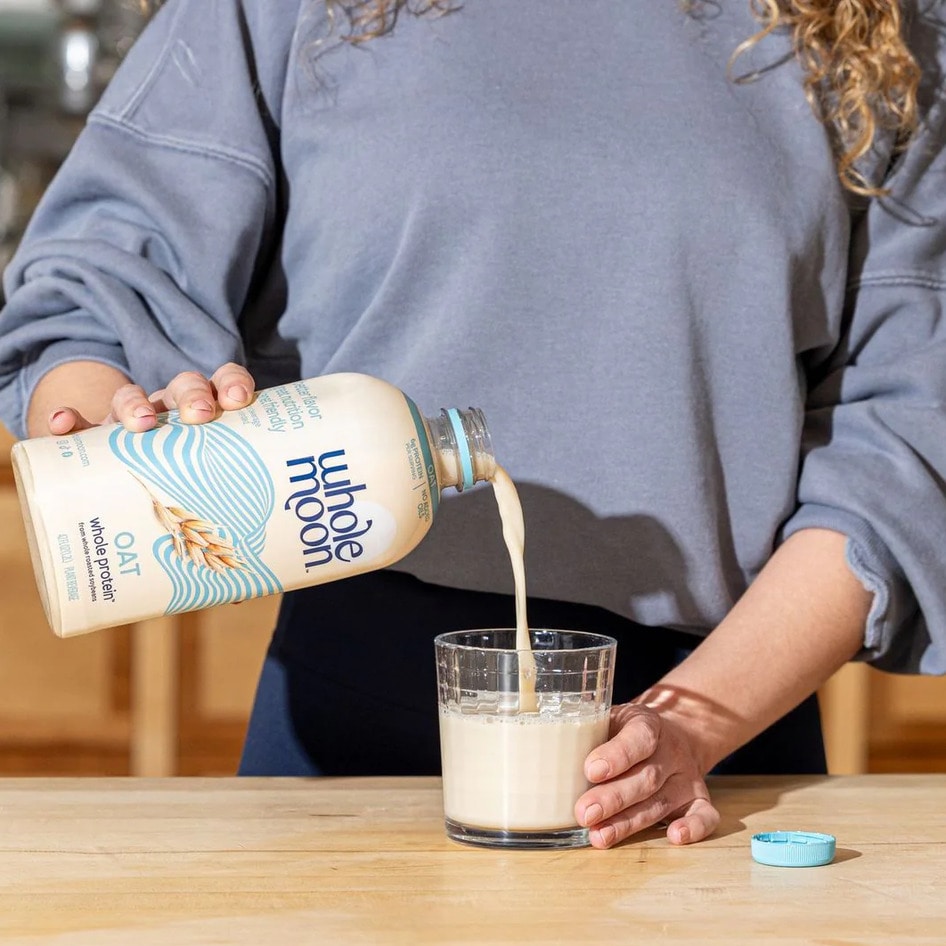Whole Foods isn’t the only grocer caught in the crosshairs over the controversial produce coating, Apeel. But it has become the flashpoint. The natural foods retailer’s inconsistent answers about whether it sells fruits and vegetables coated in Apeel’s invisible film have intensified consumer skepticism around a product already sparking concern across co-ops, comment sections, and even celebrity feeds.
Actor Michelle Pfeiffer, who runs the first transparent clean fragrance label, Henry Rose, helped reignite public scrutiny this summer with an Instagram post warning that “organic produce is no longer safe” now that “‘Bill Gates’ Apeel just got approved for USDA-certified organic.”
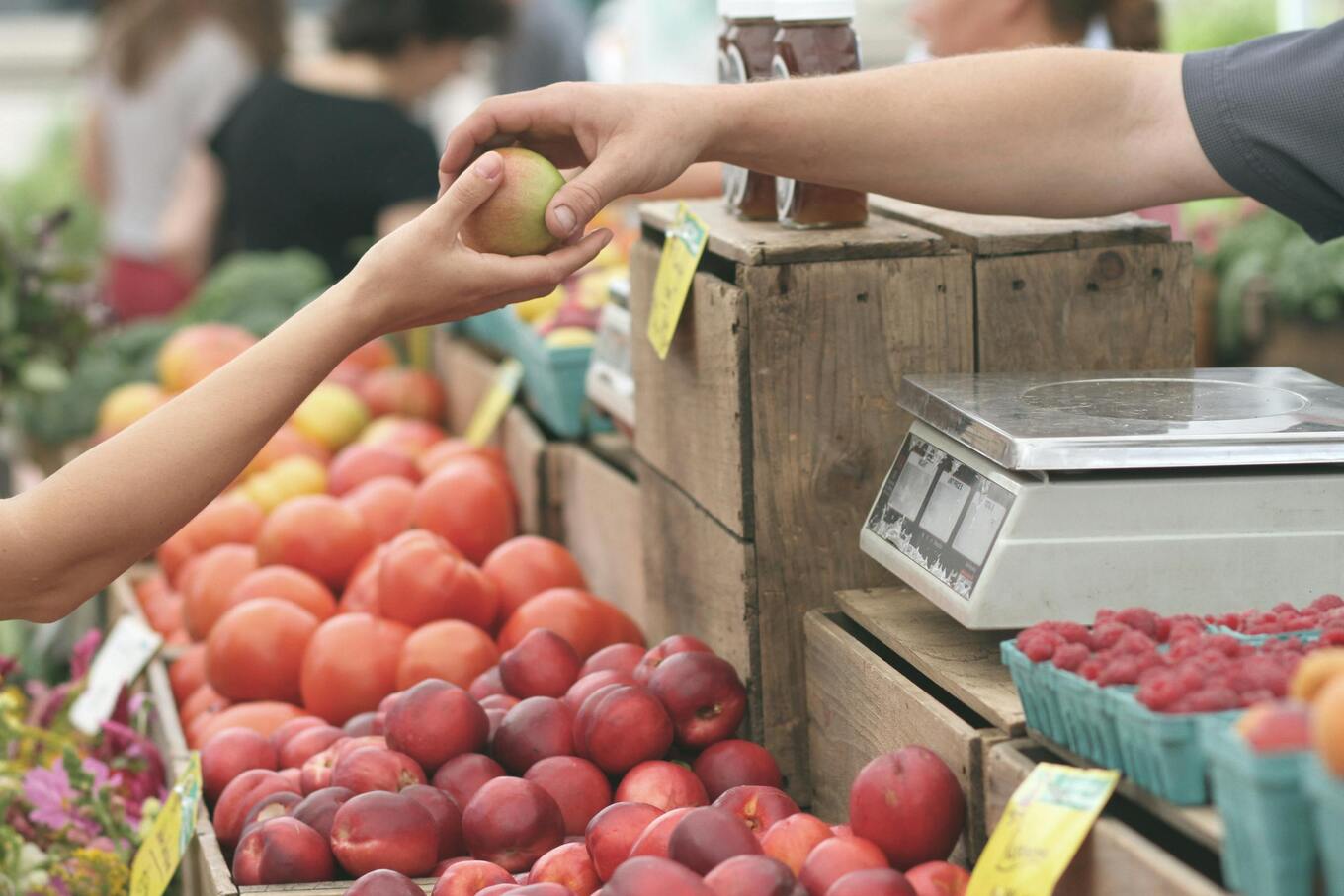
Calling it “very concerning” and “something we cannot see or wash off,” her comments amplified a growing consumer unease that extends beyond just one product. It speaks to a deeper mistrust around food coatings, labeling practices, and the definition of organic itself.
Apeel Sciences, the California-based company behind the technology, insists its product is safe, plant-based, and edible. Its coating, designed to extend produce shelf life, is made from mono- and diglycerides—lipids commonly found in foods like baked goods and nut butters. The company also notes that its ingredients are FDA GRAS (Generally Recognized as Safe) and have received regulatory approval in the US, European Union, Canada, and elsewhere.
But for a growing number of critics, including organic farmers and food policy watchdogs, that’s not enough.
The coating you can’t see
Apeel’s patented coating is applied to produce like avocados, citrus, apples, and cucumbers to slow spoilage by reducing water loss and oxidation. There are two versions: Edipeel, for conventional produce, and Organipeel, which is USDA-approved for organic use. The company claims this innovation can double shelf life and drastically reduce food waste. By its own estimates, Apeel has saved 166 million pieces of produce from landfill and prevented 64 million pounds of carbon emissions.
Yet much of the backlash stems from its very premise: the coating is invisible, odorless, tasteless, and doesn’t wash off easily. And that’s by design. Apeel is formulated to remain on the fruit or vegetable until it’s peeled or consumed—which leaves some consumers asking: shouldn’t something that remains on our food be labeled more clearly?
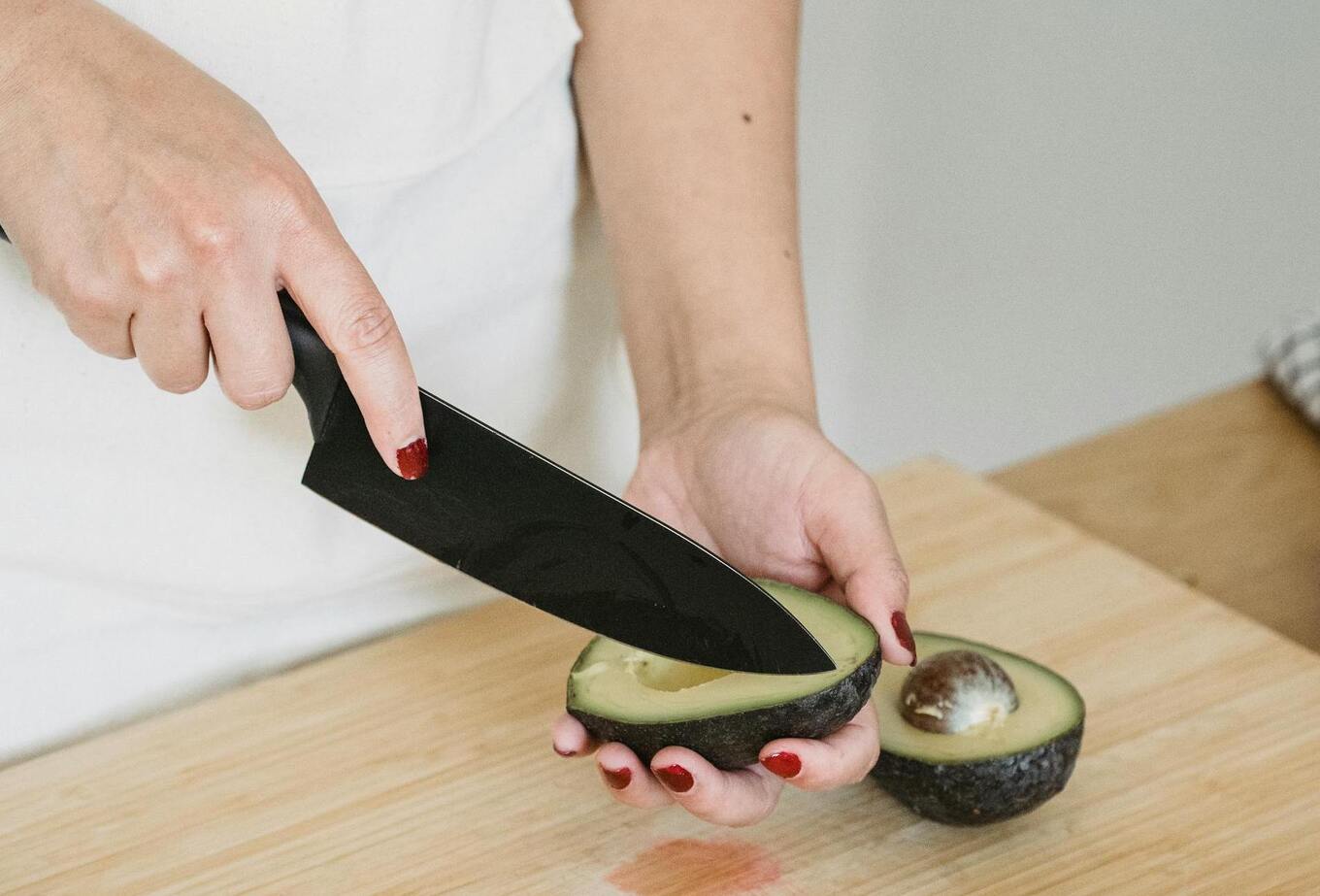 Nicola Barts | Pexels
Nicola Barts | Pexels
That concern is compounded by the lack of consistent signage in stores. While the USDA requires labeling for organic produce treated with Organipeel, in practice, many grocers display loose produce without any clear indicators. Shoppers must ask produce clerks to check shipping boxes for Apeel stickers, if they exist at all.
“Whole Foods would not give me a straightforward or honest answer as to whether they sell produce treated with Apeel, and left me with more questions than answers,” reported one user in a My Health Forward TikTok video.
Others echoed that sentiment, pledging to stop shopping at Whole Foods due to its lack of transparency.
A solution for waste, or a problem for organics?
Apeel’s origin story is steeped in sustainability. Founded in 2012 by materials scientist James Rogers, the company received early backing from the Bill and Melinda Gates Foundation and venture capital from firms like Andreessen Horowitz. The goal was to address the global food waste crisis by keeping produce fresh longer. In the US alone, between 30 percent and 40 percent of the food supply goes to waste—much of it fruits and vegetables.
 Gustavo Fring | Pexels
Gustavo Fring | Pexels
But some organic advocates argue Apeel’s coatings stray too far from the principles of organic farming. Though made from plant materials, the process to extract mono- and diglycerides can involve chemical solvents like ethyl acetate or heptane and catalysts such as palladium. Heavy metals like arsenic, cadmium, lead, and mercury may be present in trace amounts. And while the company says these are within safe limits, skeptics question the long-term health implications of regular exposure.
Others take issue with what they see as regulatory loopholes. Because Apeel’s coating is considered a food ingredient rather than an additive, it’s exempt from the kind of disclosure that might otherwise be required. That nuance has allowed it to enter the organic market through the USDA’s National Organic Program—despite being a product of industrial food science.
What grocers are saying—or not saying
The confusion around Whole Foods began in earnest when consumers started asking whether its produce was Apeel-coated. The retailer responded by saying its global produce team does not purchase Apeel-treated items. But it could not verify what regional or local buyers might be sourcing.
That ambiguity hasn’t sat well with shoppers. “When everybody was actively mad, [Whole Foods] said they weren’t [using Apeel],” wrote one commenter on an Instagram post shared by Divine Harmony. “But now that people have forgotten about it … the produce is not displayed in the box [that] is put out by the team, so the consumer will have to ask a Whole Foods produce person to check the box to see if it is Apeel or not. There will be no stickers or obvious signage.”
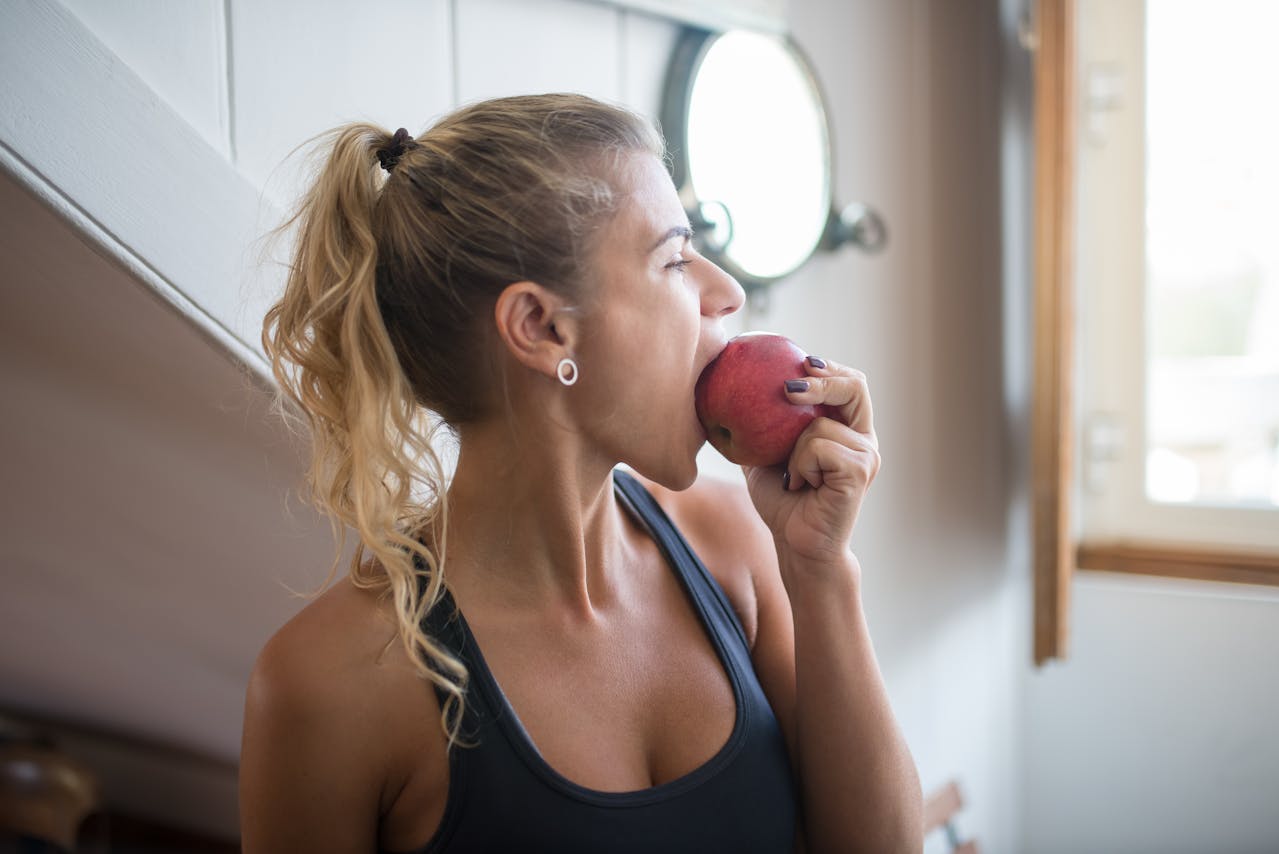
Other grocers have taken a more definitive stance. Co-ops like First Alternative and New Pioneer have pledged not to carry Apeel-treated produce at all. Seattle-based PCC Community Markets confirmed it does not currently stock Apeel or Organipeel items and is monitoring the situation. Love Whole Foods, a Florida market, is working with distributors to avoid the coating and says it will require clear labeling if suppliers do begin using it.
Unraveling the misinformation
Some of the panic around Apeel is fueled by confusion. In 2023, viral social media posts wrongly attributed a hazardous Material Safety Data Sheet (MSDS) to Apeel Sciences. The sheet belonged to an unrelated UK cleaning product also called Apeel. That document warned of skin irritation, serious eye damage, and toxicity to aquatic life—none of which applied to the food coating.
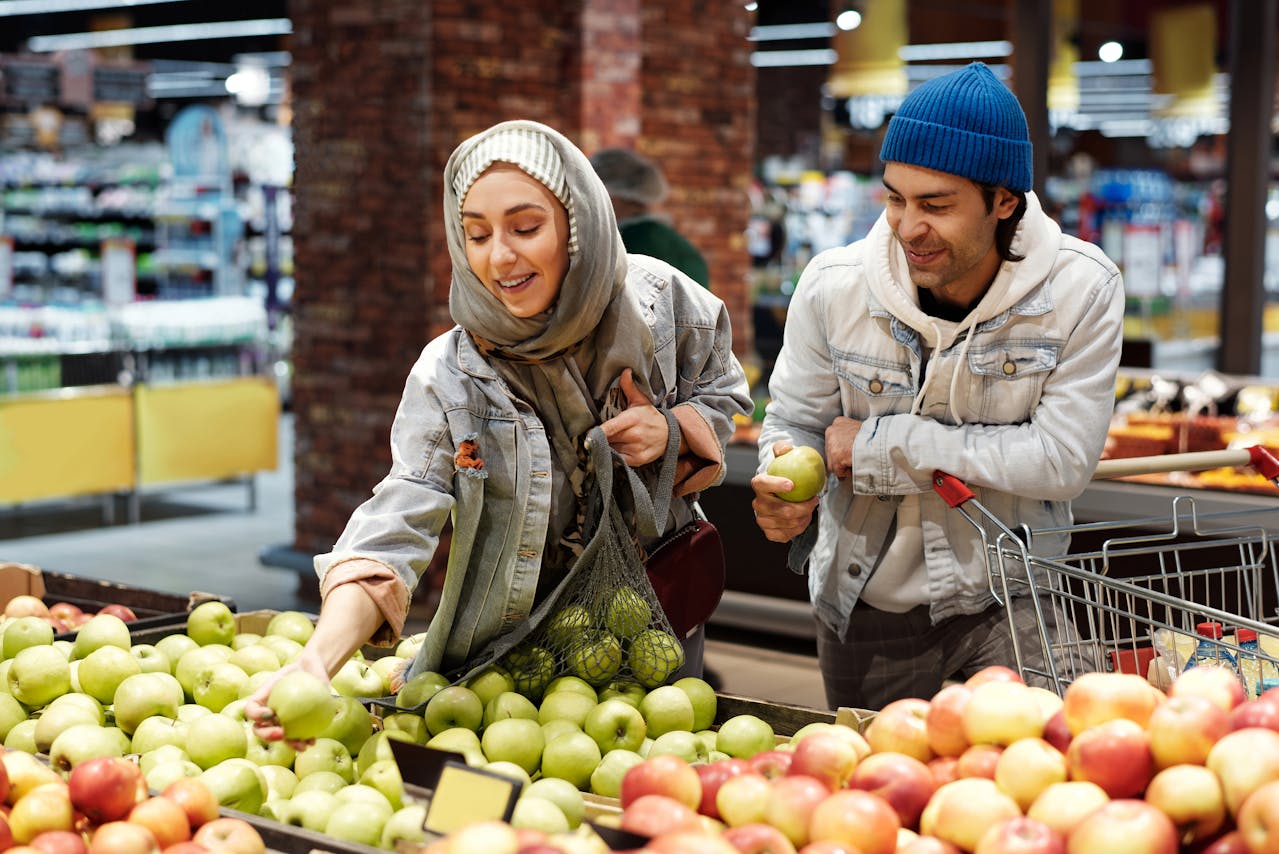 Pexels
Pexels
BECOME A VEGNEWS VIP: Get exclusive product deals, freebies, and perks galore!
Outlets including AP News and PolitiFact debunked the claim, and Apeel issued a statement clarifying that its product is safe and derived from food-grade plant oils. But for many consumers, the damage was already done. The controversy tapped into broader fears around corporate food systems, Bill Gates’ perceived influence on agriculture, and the encroachment of synthetic technologies into the organic space.
For now, the best way to avoid Apeel-treated produce is to shop from small farms, farmers markets, or grocers who explicitly state their position. Washing produce can remove some residue, but Apeel is designed to withstand rinsing. Peeling fruits like cucumbers and apples may help in some instances. The broader debate over Apeel may ultimately reshape how regulators define and label organic and natural foods, but for now, consumers once again bear the burden.
For more plant-based stories like this, read:
JUMP TO ... Latest News | Recipes | Guides | Health | Subscribe

